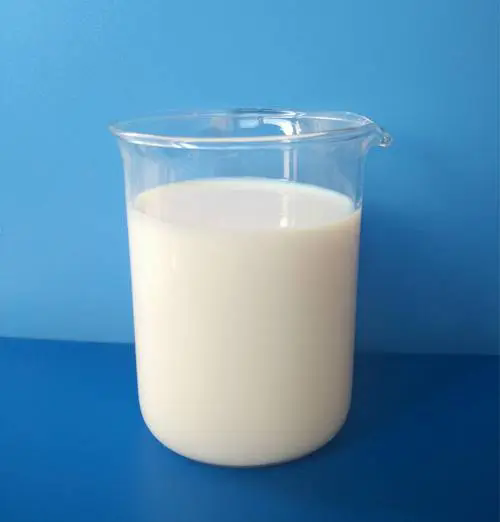In many industrial fields such as chemical industry, coating, textile and papermaking, the generation of foam often brings many inconveniences, such as affecting product quality, reducing production efficiency and increasing energy consumption. Therefore, as an additive that can effectively inhibit and eliminate foam, the importance of defoamer is self-evident. This article aims to summarize the basic concepts, classifications, and application values of water-based defoamers in industrial production.

Definition of defoamer: defoamer is a chemical substance that can destroy the surface tension of liquid, make foam burst rapidly and inhibit its regeneration. Water based defoamers refer to those defoamers that are suitable for aqueous systems (such as aqueous solutions, lotion, etc.).
Classification: There are various types of water-based defoamers, which can be divided into organosilicon, polyether, mineral oil, fatty acid, and composite types according to their composition; According to their mode of action, they can be divided into defoamers, foam suppressants, and deaerators.
Importance: Water based defoamers play a crucial role in industrial production. They can not only effectively eliminate the foam generated in the production process, improve product quality and production efficiency, but also reduce the consumption of raw materials and wastewater discharge, meeting the requirements of green production.

 English
English
 Chinese
Chinese Vietnamese
Vietnamese
 HOME
HOME
 PRODUCT
PRODUCT
 NEWS
NEWS
 CONTACT
CONTACT


